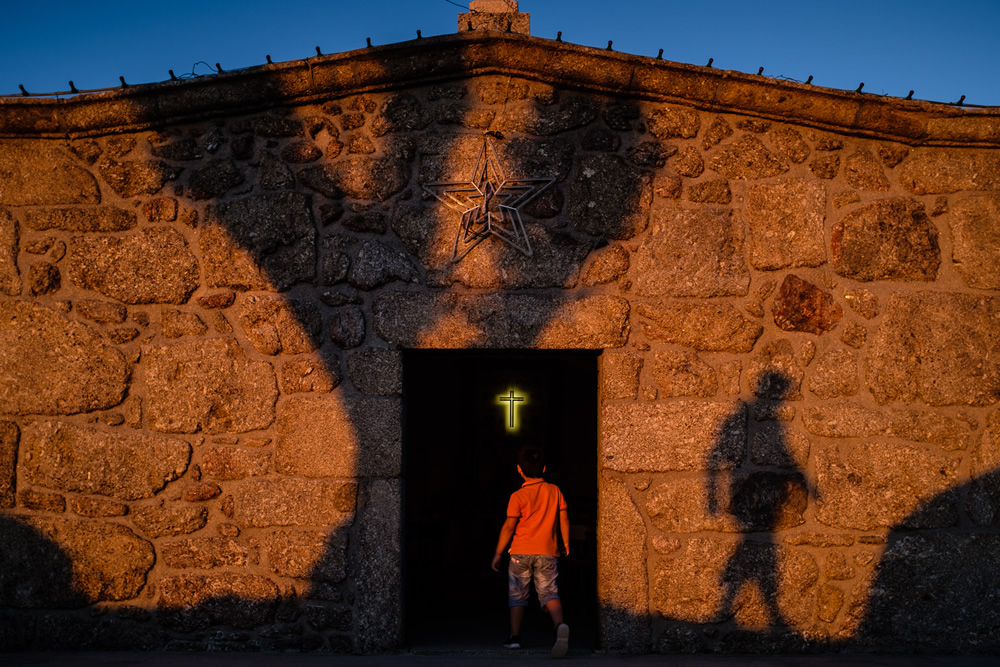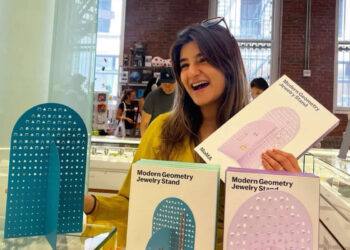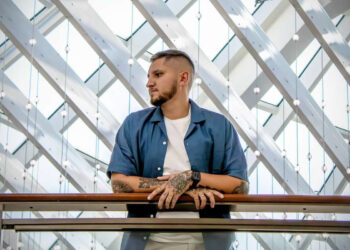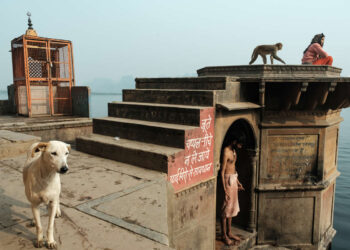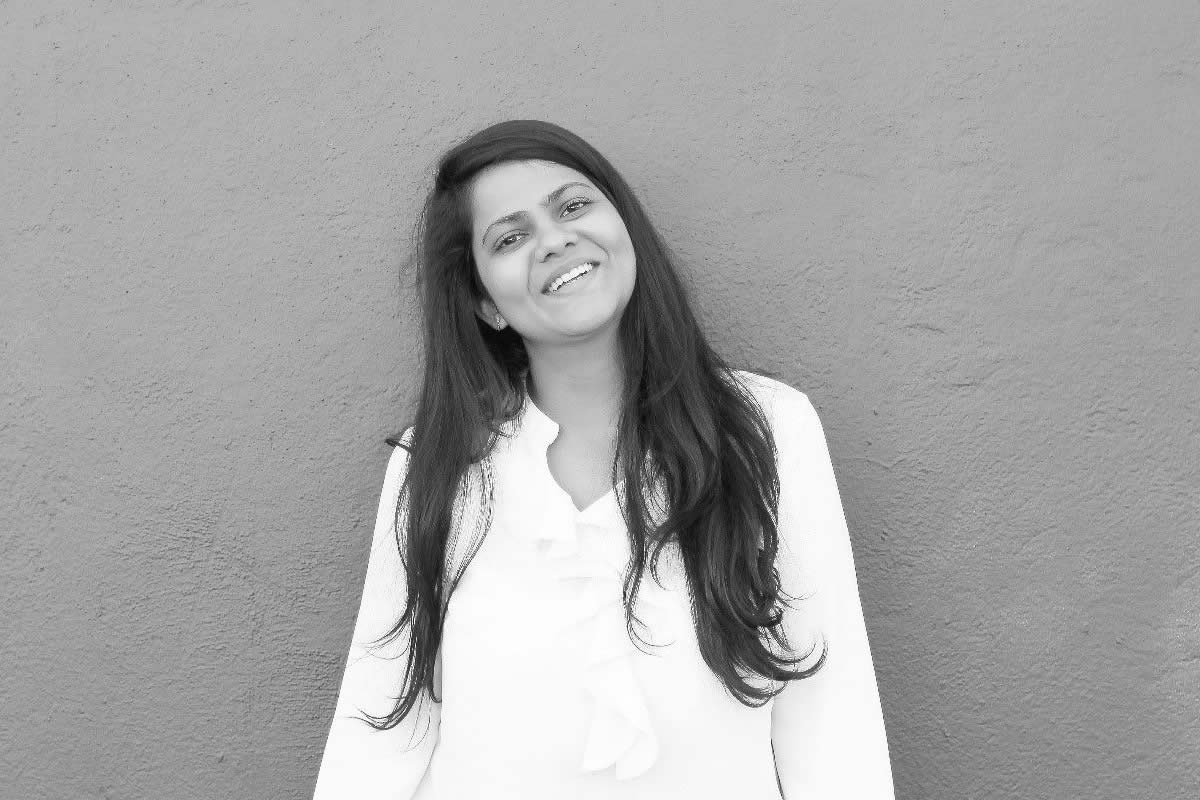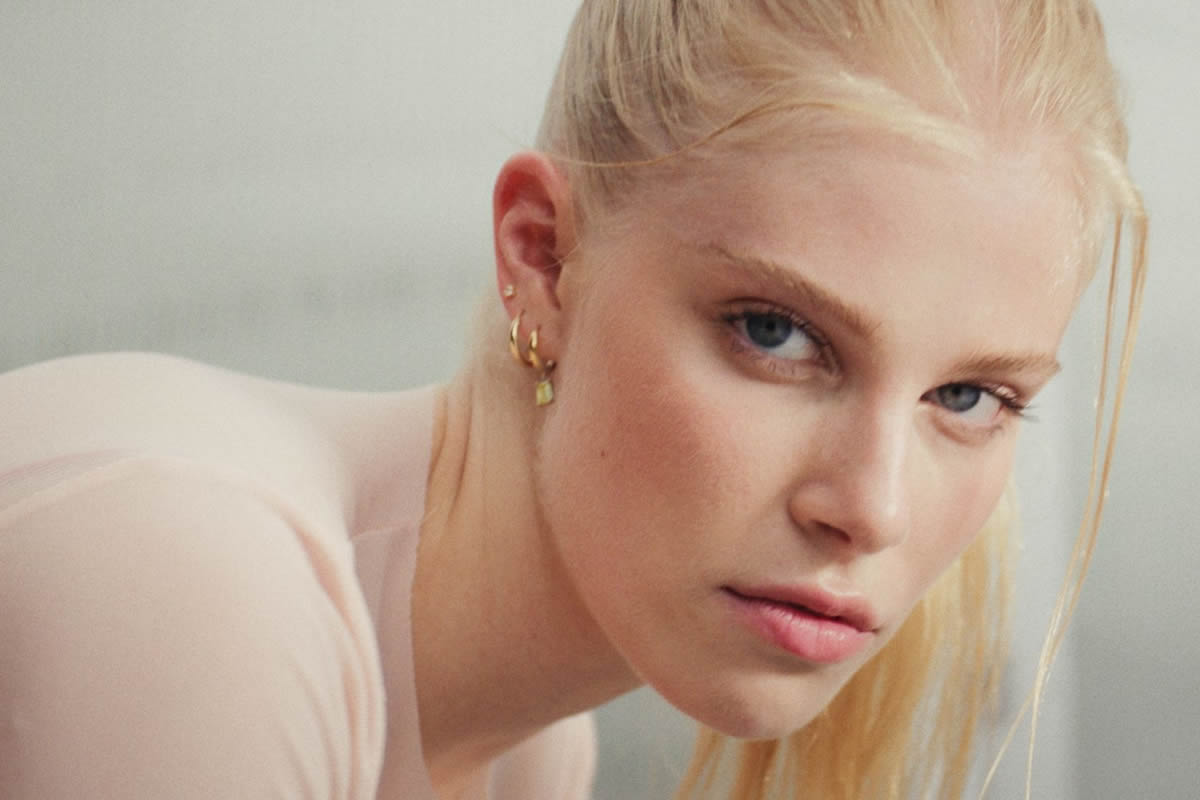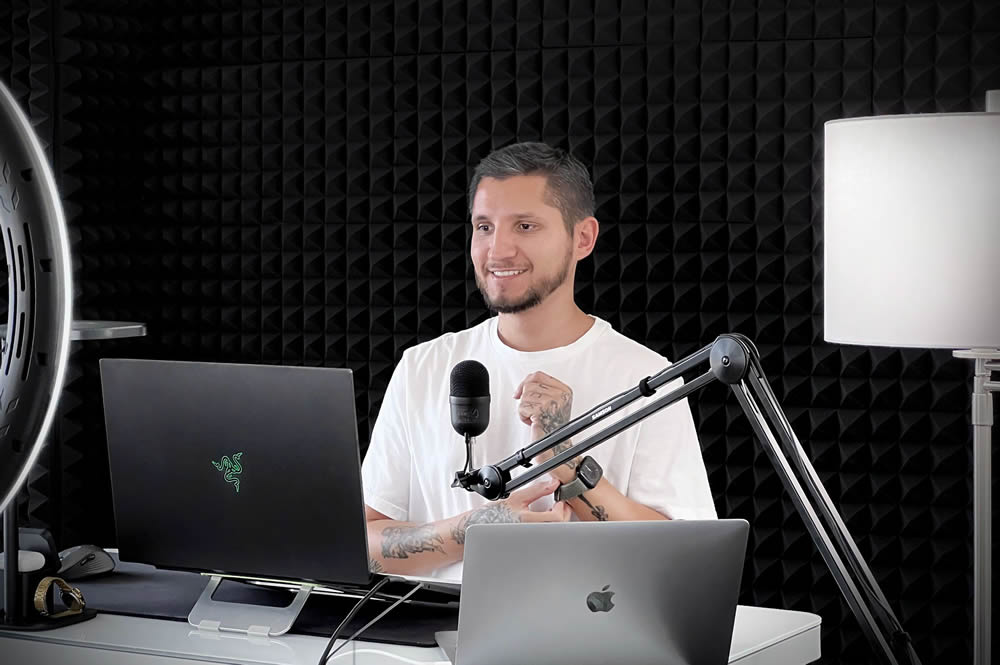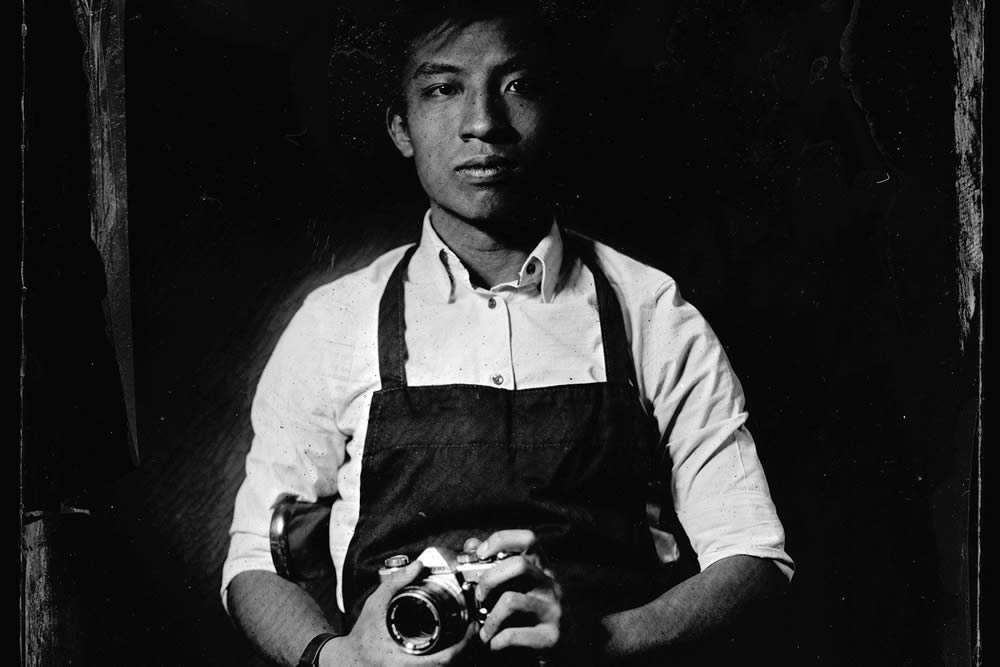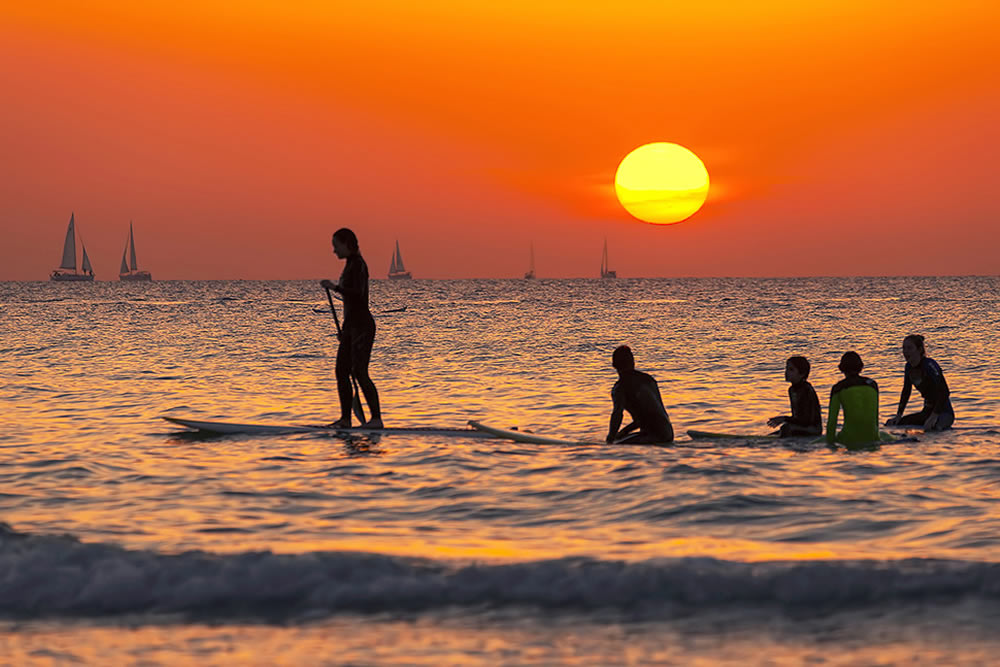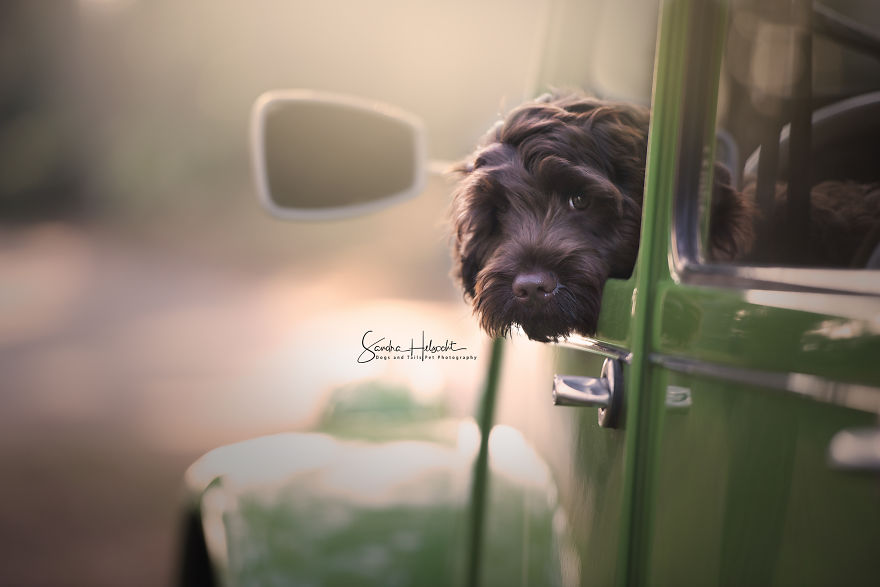I was born in Amsterdam, The Netherlands on September 1967. Photography has been a part of who I am and the way I see the world since the age of 12. I rediscovered photography in the early days of digital and for quite some time I focused on shooting travel and wildlife.
Since 2017, my focus has shifted completely to the street and since then it has been a complete rollercoaster as I find myself shooting with inspired street photographers in my home town and cities all over the world, I started my own projects and in 2018 I published my first book ‘Pier to Pier’ about the local sea bathing culture in Scheveningen. Also, I organized a solo exhibition on the Pier which lasted for 6 months and attracted more than 200,000 visitors.
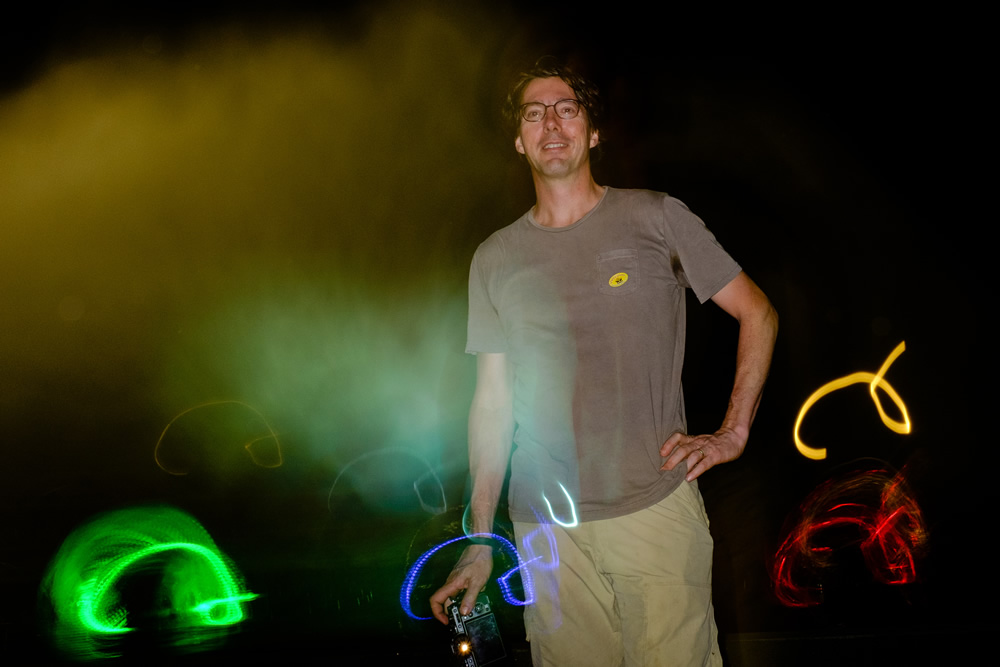
Tell me something about you which nobody knows?
Well, I guess that few people know that I’m an economist, earning my income by writing business stories and publishing coffee table books about industries.
Please share your childhood dream and funny incidents if any?
Well, I had 2 dreams. The first was to grow older than my best friend (still working on that) and the second was to become an American Indian (I gave that one up).
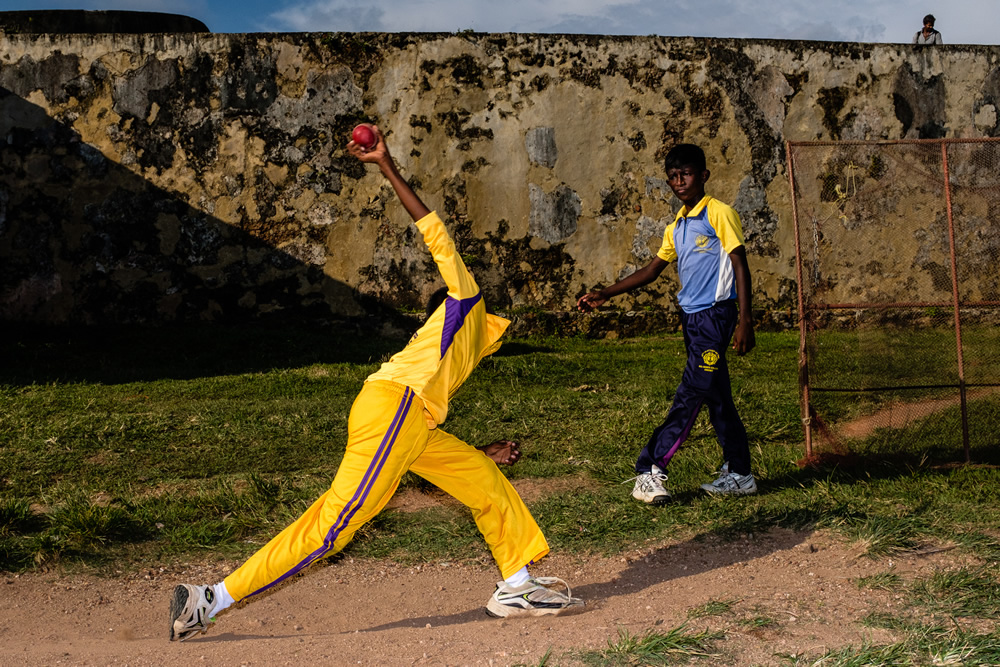
What is your view about photography?
To me, photography is an art form, my great passion and also a way of life. Not only because it makes you look at the world in a different way, but also because it opens up many different worlds to me, which I would be unaware of if I did not photograph.
Also, the possibility to make a beautiful image out of an ordinary situation is hugely exciting and will keep me excited to the very last day I can hold a camera and look at work from other photographers.
I feel that on certain level photography teaches me more than just the art itself. It teaches about life, limitations, our place in the world, the dilemma’s we encounter and many other things. This is to me why photography is such great art at which one can always improve.
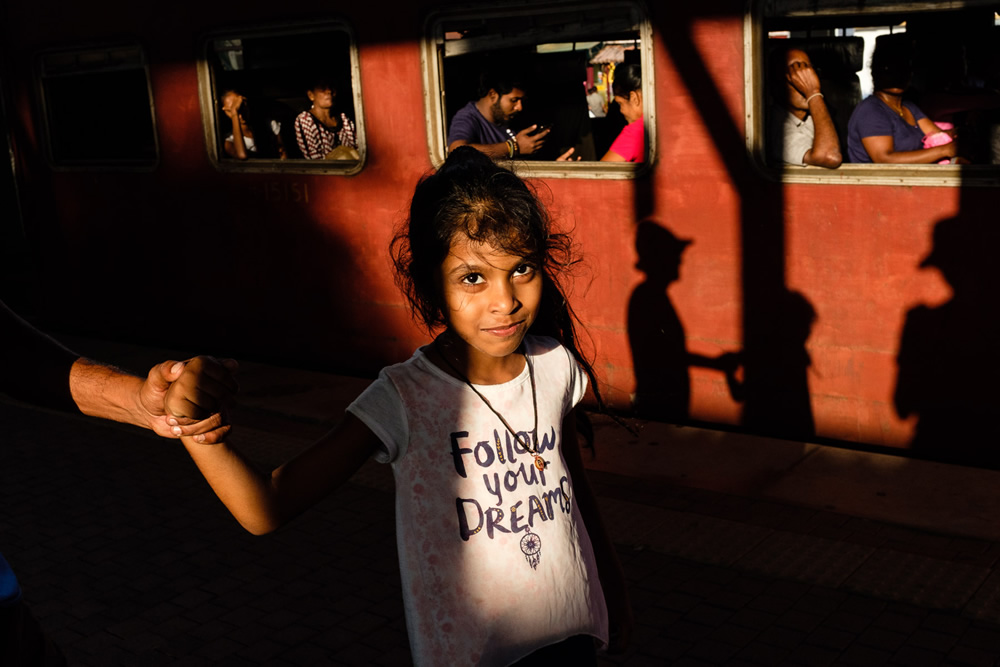
Which genre of photography do you like/practice and why?
Since I started doing photography at the age of 11, I have tried a lot of genres, such as wildlife, travel, macro, and even abstract photography. For the last 2 years, I have focused solely on street photography and I’ve become quite addicted to it.
I think that this genre – because of its un-staged and unpredictable nature – it’s so incredibly difficult to get a good shot, that it’ll probably keep me busy for a while.
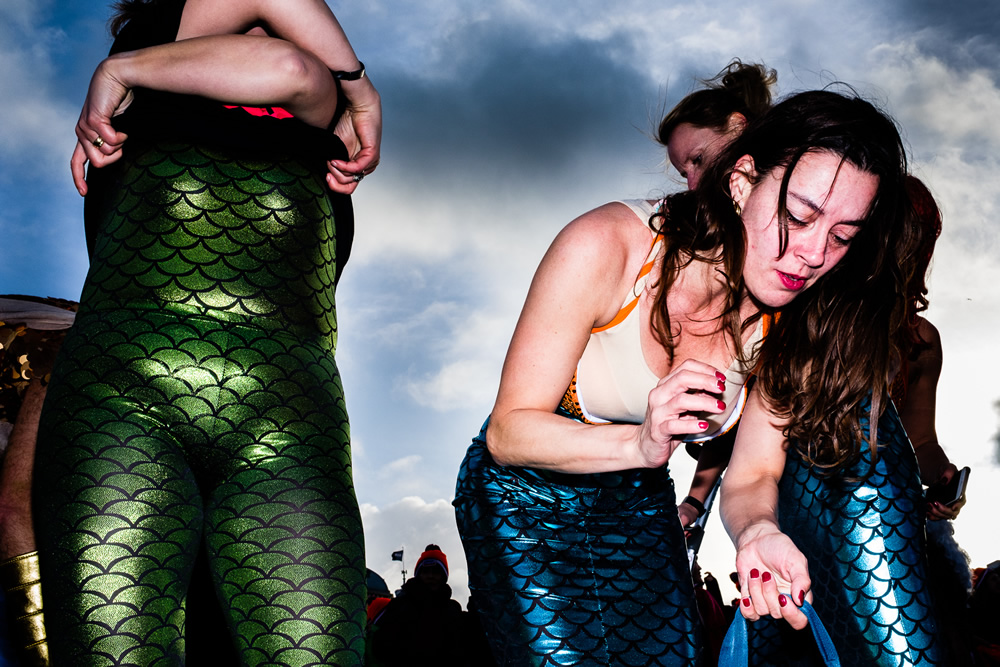
Almost 90% of photographers find it hard to earn money out of photography. Any tips that might help photographers to earn money?
It is indeed very difficult to earn money in this profession. I think it is a shame to see how much money is paid for example by companies to business writers for creating stories in words compared to what they pay photographers who tell stories in pictures. Even in this visual world photographers find it hard to earn their income.
But you can’t help it, so there are 2 solutions to this in my opinion.
The first is to NOT see it as a profession but as a passion. As an artist, you need to be free. So, I do what I like to do and I mostly finance my projects with my work as a writer and publisher. In the meantime, there are some ways to earn back major investments such as books or exhibitions. I had great success with crowdfunding to finance my exhibition and use my book and skills to reward the people who supported me. The crowdfunding campaign proved to be very effective as well as a promotion campaign as people felt they were part of my success and shared images via social media.
The other solution is more complicated as it requires some other skills: as an entrepreneur. A photographer still can make money if he or she can change the game… don’t try to sell your work or get assignments through regular channels but create new ones. Think where you are good at and who can benefit from this. And then try to work out a partnership with these parties. I know it sounds a bit vague, but there are no simple answers.
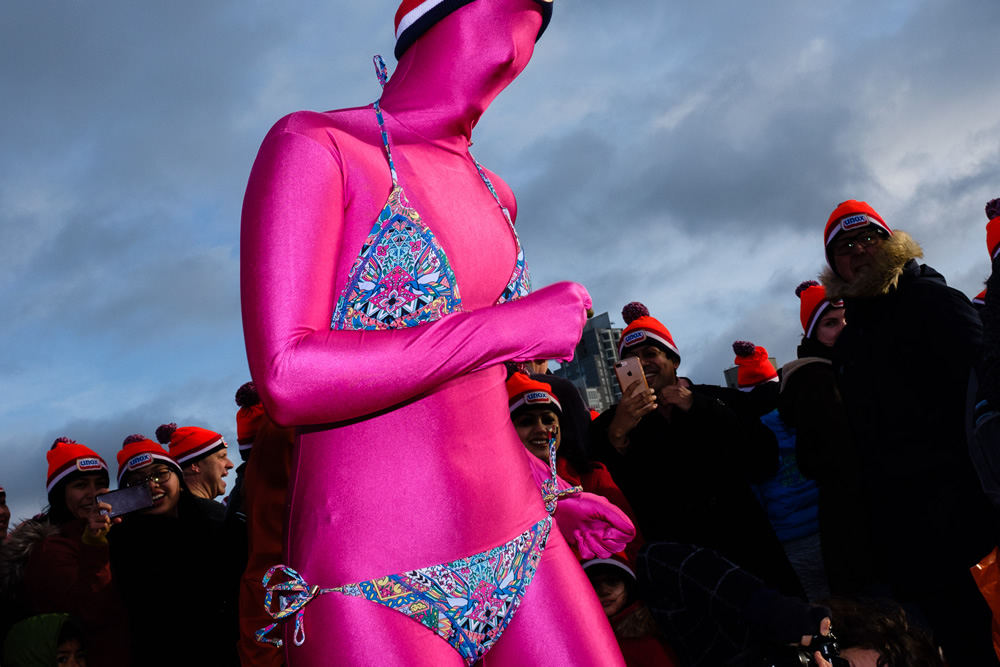
Which photography agency you like and why?
Well, I don’t have a clue. Maybe this is because of my approach to photography (see the previous question) and maybe life could be much easier if I tried to link myself to one of those. But so far, I didn’t find the need.
I guess I like to be free and create my paths and if one day I meet someone who can convince me that an agency is what I need, I just might try it ;-)
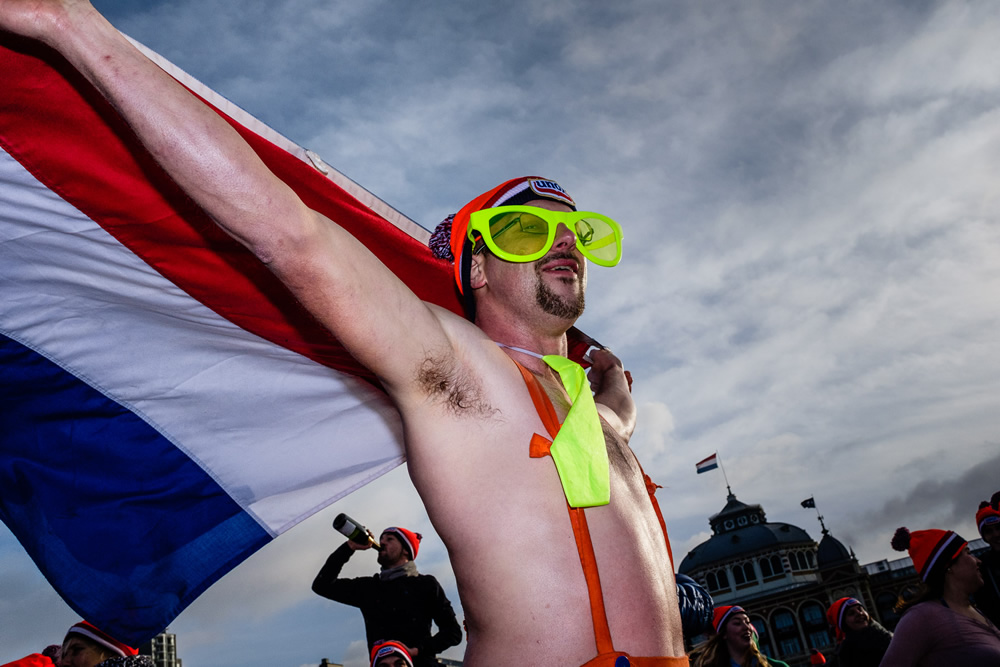
Does good camera play a major role in photography?
No, it does not.
I don’t mean that I don’t care what camera to use. I love the camera that I use a lot. But from all the elements that make a good photograph, the camera itself plays a minor role.
Of course, specialty shots require specialty tools so it depends of course on your goals. A landscape photographer producing big prints will benefit from a medium format camera. But a street photographer can often also use a phone camera. Not always and everywhere, but the large depth of field and unobtrusive character of the phone helps to come really close.
Although I must admit that personally, I like to hold a ‘real’ camera to my eye to get in a certain flow which I need to produce good images.
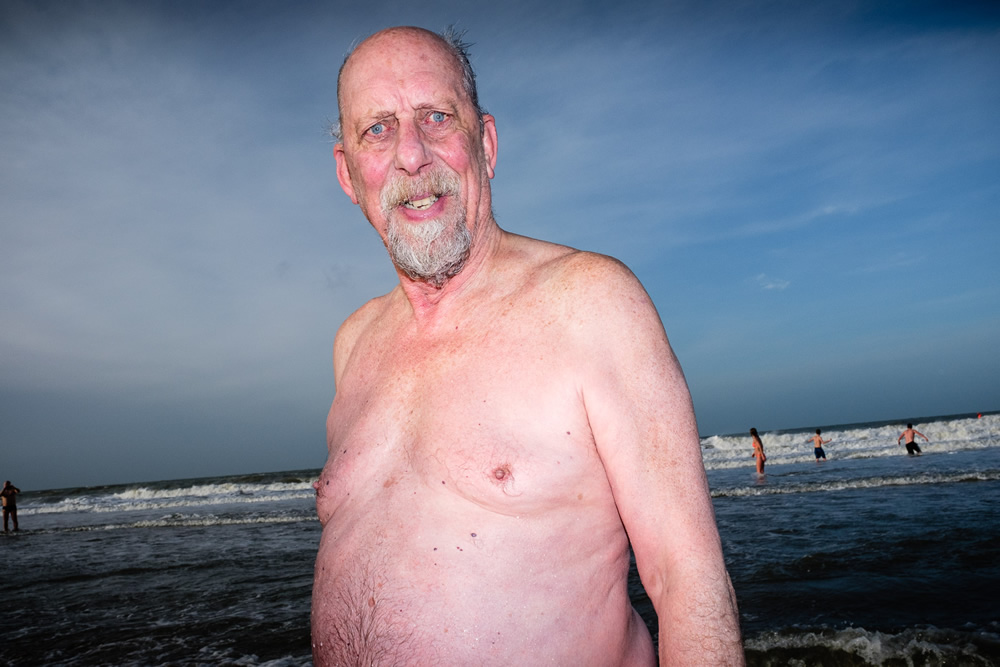
Share three names of the photographers who has inspired you a lot?
Ed van der Elsken, a Dutch photographer and one of the first to do street for his spontaneous approach to people. Alex Webb, for his use of layers and light. And a lot of others, so they all count together as a third name.
Does social media like Facebook, Instagram, Google and some sites like 500px, Natgeoyourshot helps to get the attention of the viewers in larger aspect?
I started my Instagram account 2 years ago because of street photography and it has brought me a lot of inspiration and even friends. But lately, I’m taking more distance from the medium.
Facebook is an important platform for me as I’m part of several groups. Locally, nationally and internationally. Also, for the funding of my exhibition last year, Facebook was a major source. So yes, to me and my photography social media are very important.
But I want to stress that it is quite easy to get ‘addicted’ to likes. I had to go through that phase myself. Trying to please my public instead of thinking what I wanted to achieve myself. It is always good to take a step back now and then and try to remember why you are doing photography in the first place.

Do you think that a quality workshop can change the mindset or point of view of any photographer and why? Should we attend a quality workshop frequently?
Yes, I do. It was after I visited a workshop with Maciej Dakowicz in early 2017 that I discovered street photography. And the people I met on that workshop – although living on the other side of the world – have become good friends.
Since then, I have done 2 more workshops. mainly for inspiration and motivation. Because that is what it brings to me when going out with people who share the same passion and you can just focus on photography without holding back. This can take you to another level and bring you new insights.
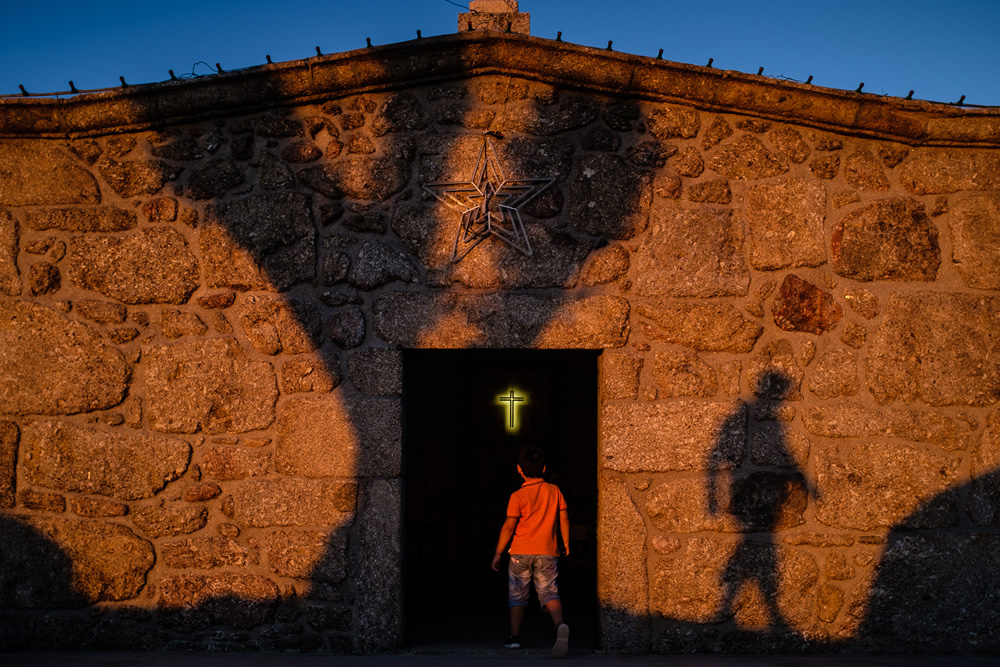
What is the difference between a good photographer and a bad photographer?
One major difference, in my opinion, is that bad photographers always tend to talk about cameras. Good photographers don’t. Another key characteristic of a good photographer I think is that he or she knows the camera so well, that he/she can judge the light and dial in the right settings so that he/she can just focus on the scenes evolving.
And a good photographer has bad phases too. Everyone has to deal with highs and lows. A good photographer just copes with this and keeps going out to shoot, go to museums, workshops, read books and then suddenly… you create some new images again.
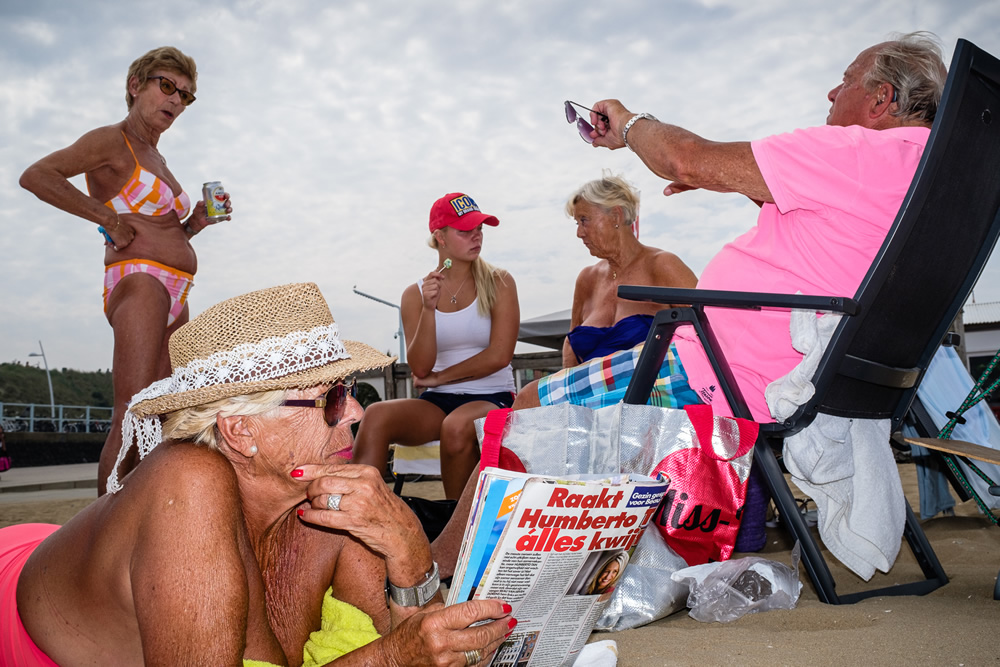
What is the difference between a good photograph and a bad photograph?
I think it is easier to describe a bad photograph than a good one, but I’ll try it anyway. I believe a really good photograph is a combination of technical factors, such as: good use of light, composition, subject, layers, sharpness, detail, but at the same time, a good photograph evokes emotion with the viewer. This can be by a subtle detail, or by insinuating a story, or in contrast by leaving out something,…. You see: It can be anything and this makes it very difficult to describe. A photograph should be seen and experienced. That’s why they are called photo-graphs.
Discussing good and bad photographs is very educating by the way. Trying to find objective criteria what make an image work.
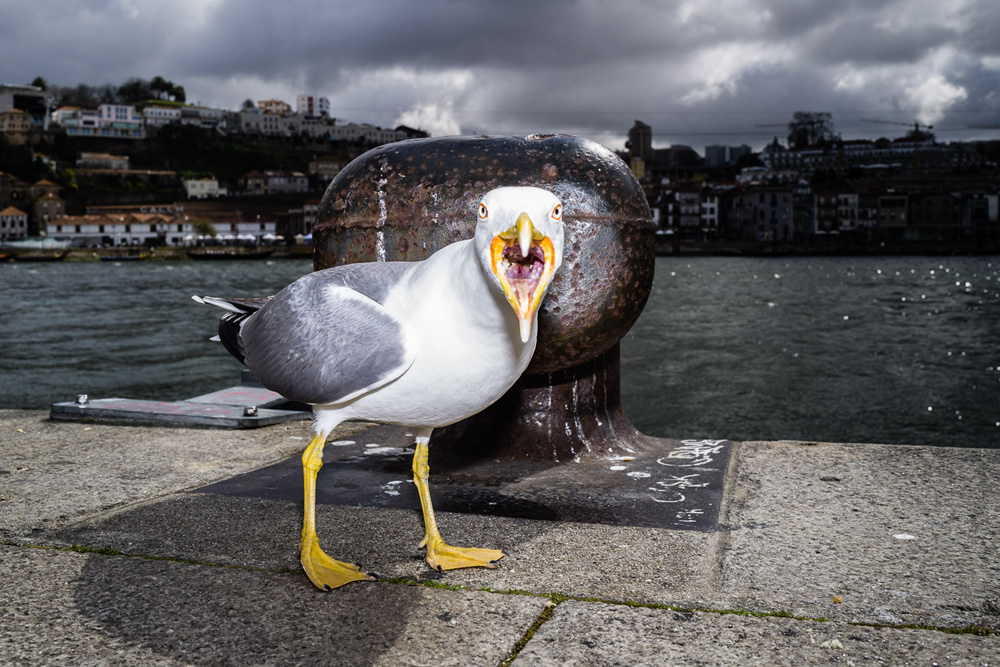
What should our moto towards photography- Self-satisfaction or viewers’ attention/satisfaction?
I hope I understand the question correctly, but in my opinion, any photographer should start from within. Ones own motivation is crucial: WHY are you taking a photograph? WHAT do you want to show? HOW do you want to show that?
If you can answer these 3 q’s, you have plenty of work to do and won’t have the time to bother what others think of it!
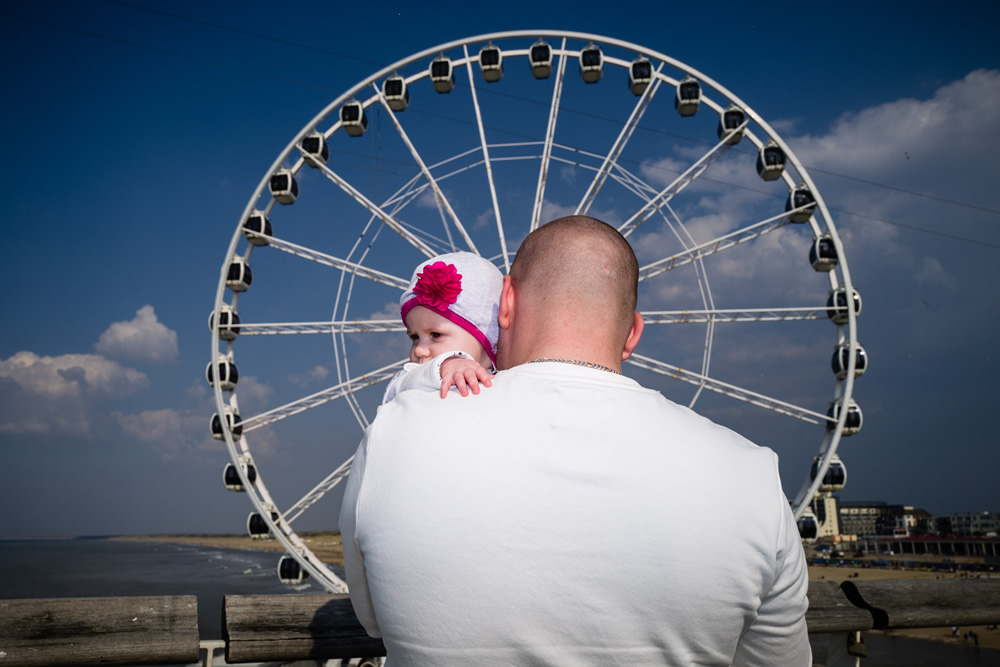
What is meant by comfort zone in photography? How it ruins the carrier?
To me, this is always shifting. Two years ago, I would take my zoom lens if I wanted someone close up. Now I shoot 28 mm and often from within 1-meter distance from people without any hesitation (well, that depends of course, but that is what I tell myself).
Now I’m shooting people so close, I have discovered that on the street one should also pay attention to respecting others. So, my next barrier is to connect with people. Creating new stories from people you actually communicate with and still keep the candid character on the street is highly satisfying.
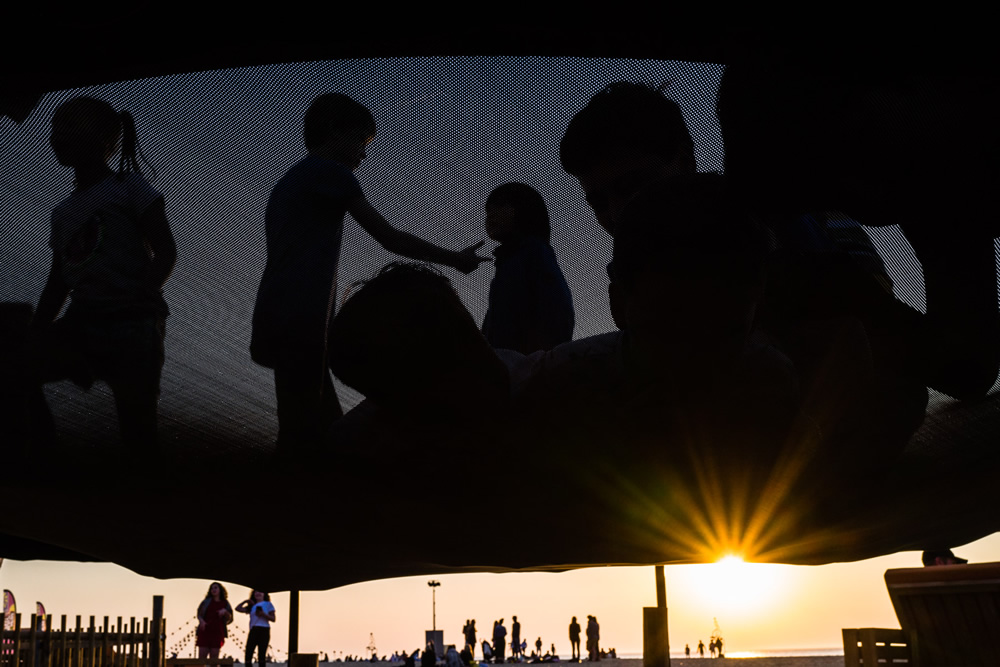
What is your opinion about documentary photography? Do you like it? If yes, why?
If there is any other genre besides street that I’m interested in, it’s documentary. I think I’m moving to a combination of both. Telling a story that goes beyond the single images is something that attracts me. But I like to approach it in a candid/ street way.
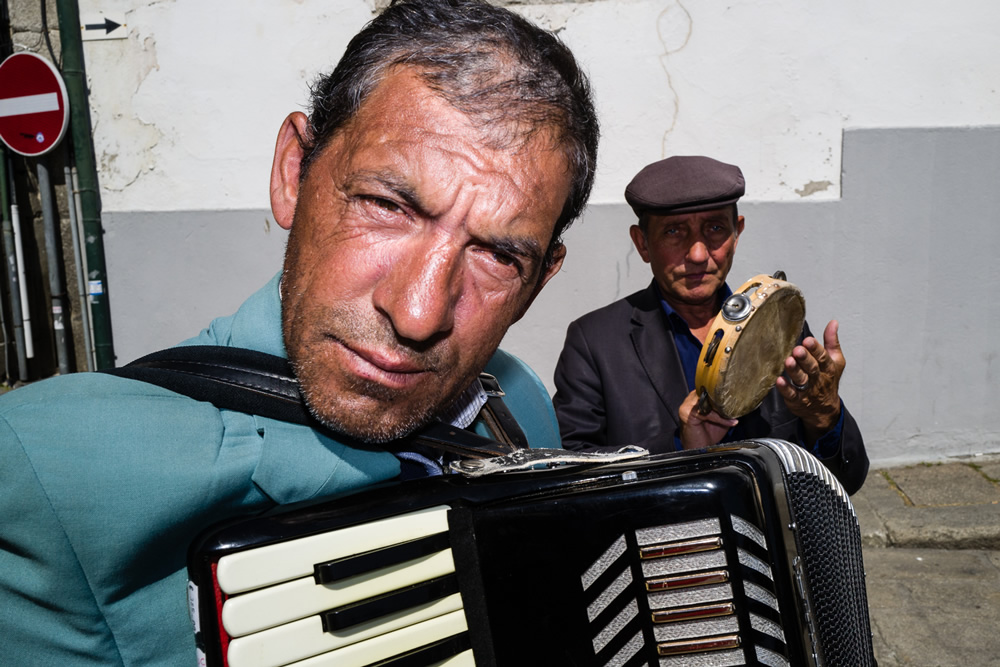
Light, decisive moment, content, ambiance, a good gear, according to you which is the most essential element in photography?
It’s all-important of course and it depends on the situation. Great content in a bad light can still make a fantastic photograph and bad content in good light can also look nice. But for a really good photograph the photographer, as an artist, these things have to be brought together. About the camera: a photographer uses the tool that he/she has available.
So the gear is important, but not as much as the other factors I think.
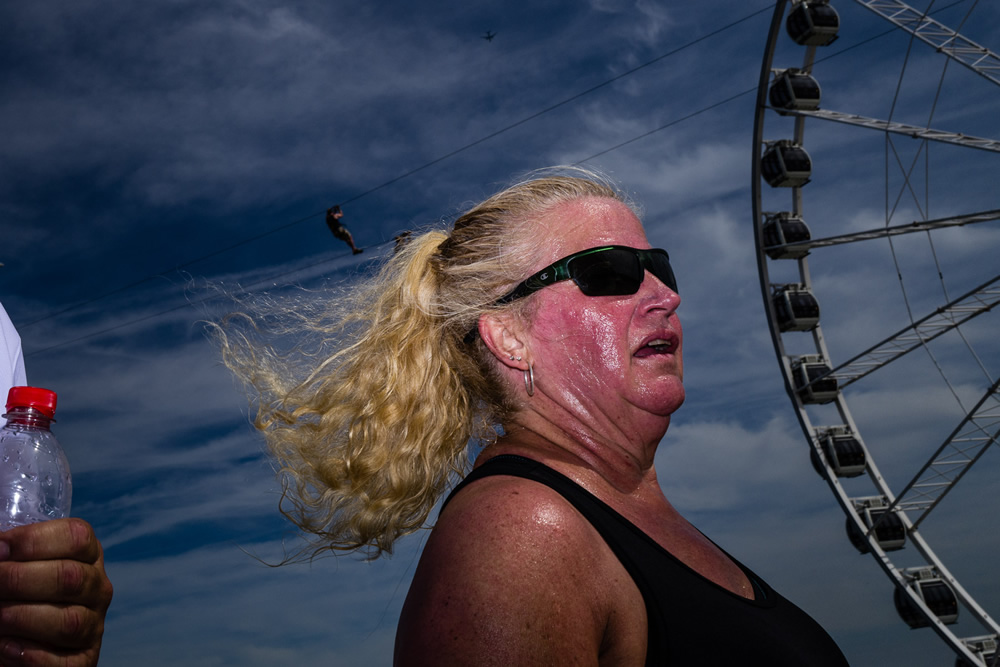
Are you associated with any particular brand or brand ambassador if yes, specify?
No, I shoot Leica because I really like the camera and lens, but I bought it from hard-earned cash ;-) It gives more freedom I think, when not connected to a brand.
If you were not a photographer then what it would be?
Well, I’m a writer and publisher as well, so I would stick with that. But I would be not as happy I think.

Concept and definition in photography are getting changed every day. what is your opinion about the future of photography?
I think that as the technique is further improving, it will be of less importance. Today everybody can make a good photograph with a phone. And camera’s are programmed to take over from people also the creative process. But there they will always lag behind what an artist can do. Be aware that YOU are in charge of the camera. Don’t let it make decisions for you and you’ll see that your photography will improve!
So, in my opinion, the future lies in creativity.
That is why I’m convinced that the art of photography will always have a place, just like books have while we all use digital media.
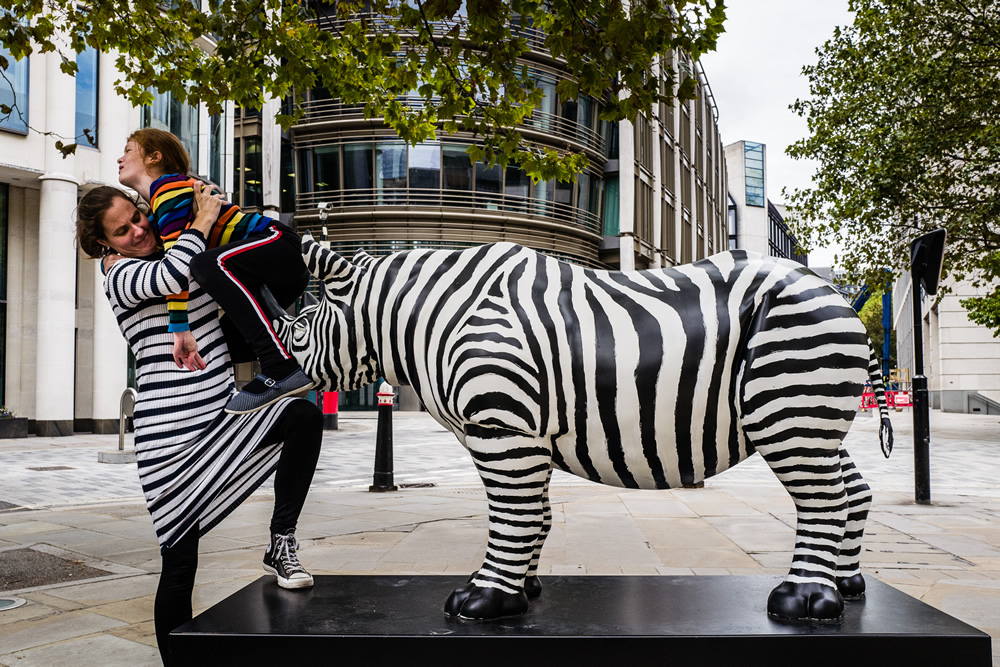
Which food do you like the most? Does it help you to explore more?
I like a lot of different kind of foods as I always look for different tastes. Just like with photography I like to explore.
Any message for the young photographers?
Yes, trust your own imagination. Fancy cameras look nice, but always remember that you are the photographer. So put your camera in manual mode and try new things!
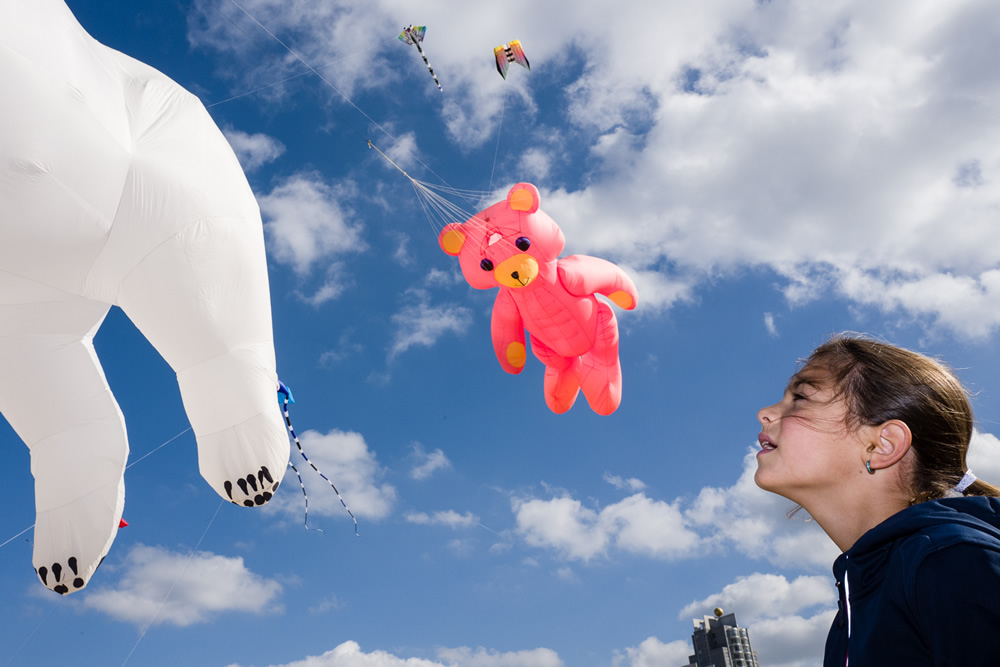
Are you engaged in any project-based work? Please share (only if you feel free to share)?
I think a photographer should always have at least 3 projects in the back of his head. This is what I do myself, although I do not always carry a camera around.
The first is my long-term project which I started 2 years ago about the local sea bathing culture in Scheveningen (where I live). I’ll continue to shoot there and next year a big exhibition in a local museum is planned where I’ll show new work from this project.
Another project which I just started is a long-term ambition and is about tourism in general. I can’t say too much about it as it is still in development.
And I have a few other side projects such as animals in the street, Northern Portugal, as I go there regularly, and I love to shoot on festivals too. So, yes there are always projects in my head!
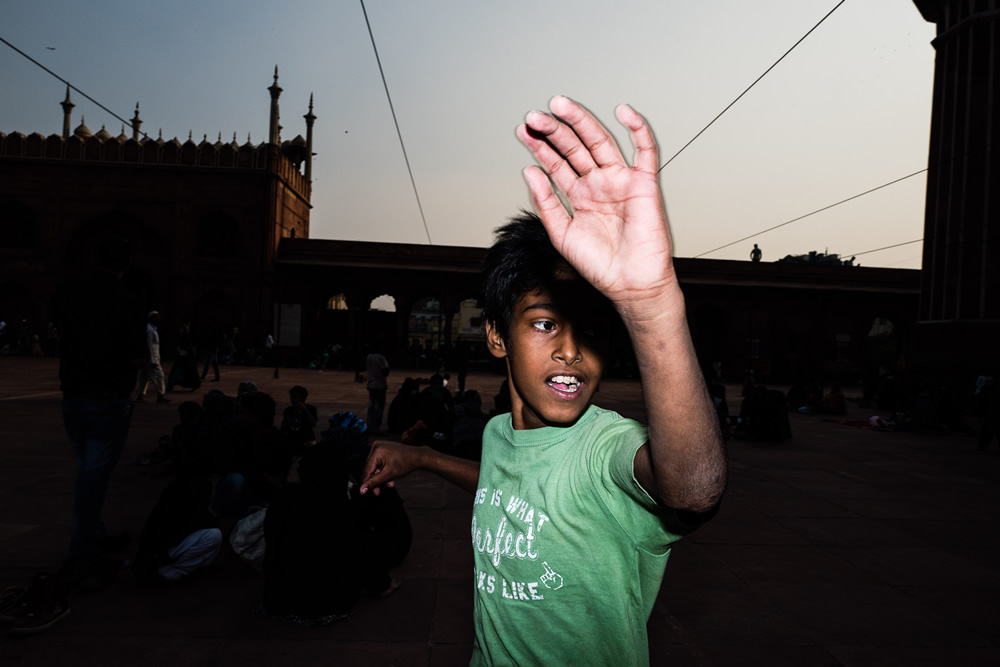
What is your big achievement in photography?
My Pier to Pier project is my big achievement so far. Last year this project resulted in a book about and a large format solo exhibition, which lasted six months on the Pier of Scheveningen where my work has been seen by more than 200,000 people.
According to you what is the best photography magazine?
I don’t have a strong opinion about that, but I am a loyal fan of the British Journal of Photography. BJP has always great content! Also, I like ‘Eyeshot magazine’ beautifully designed, featuring great new talents in street photography.
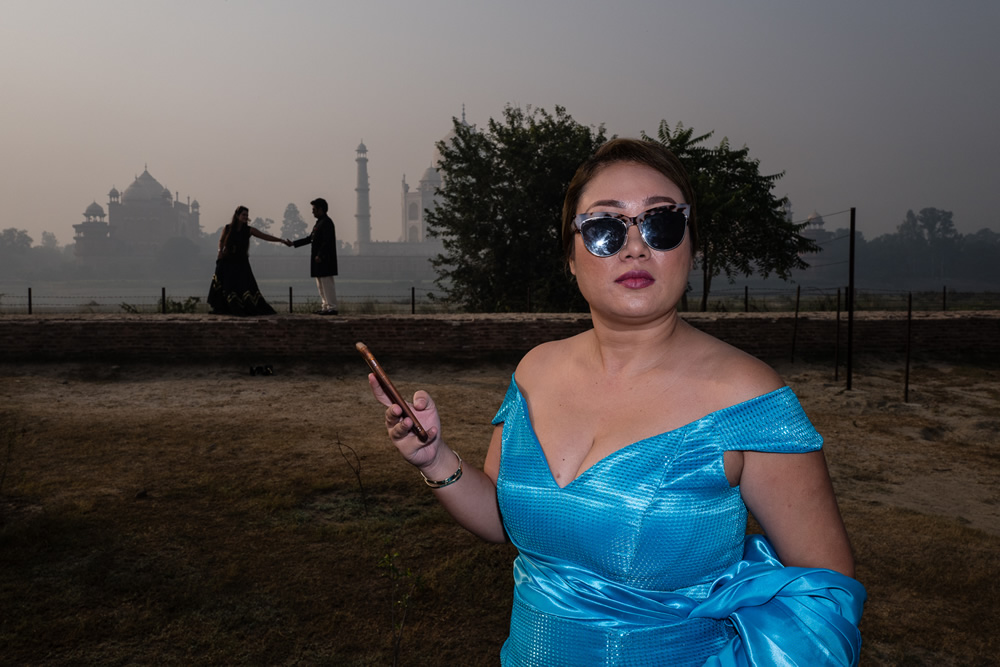
According to you name two best Facebook photography group?
To me personally, that is a Dutch local group called ‘Street Eye’ and a Facebook group linked to the workshops from Maciej Dakowicz. These groups are an invitation to make sure that like-minded people are joining. To me, the personal approach of these groups makes them great platforms for inspiration and a source for real-life contacts. Through these platforms I have met a lot of fellow street photographers in both my home country and abroad, we shoot together and make trips together and my next exhibition is a joint show with people I met in one of those groups.
Share your goal in photography?
Now that I have discovered street photography and found my own personal approach to it, my next goal is to use my capability to bring some messages across about issues that affect me personally. I think that with photography I can raise awareness and maybe have a small effect on the positive.
I already mentioned that I want to steer my street photography towards a more documentary approach. This is also where my future projects will probably be about.
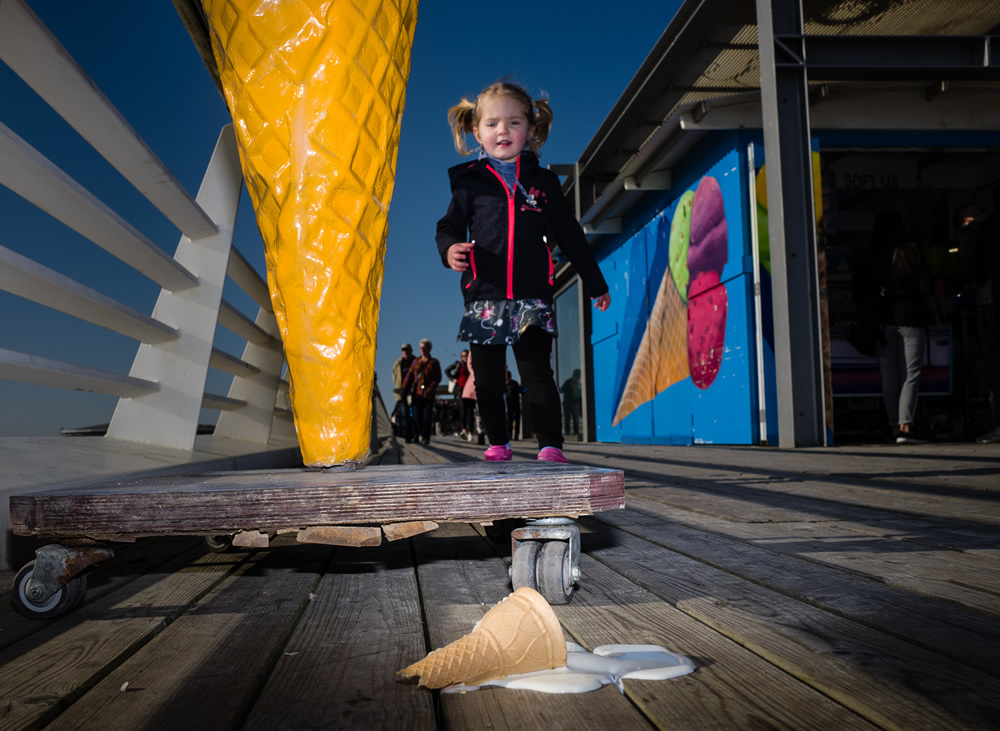
Role of a smile in photography- share your views?
Funny last question! ;-) I actually like smiling people. In street photography, a smile towards a camera is mostly seen as a no-go area, but in my opinion, this does not always have to be the case. Dutch photographer Ed van der Elsken shows in his street work many smiling people. A smile is a very powerful emotion and the photographer who can capture this emotion (when it is truthful and unposed) has a chance to create a beautiful image!
You can find Giedo van der Zwan the Web:
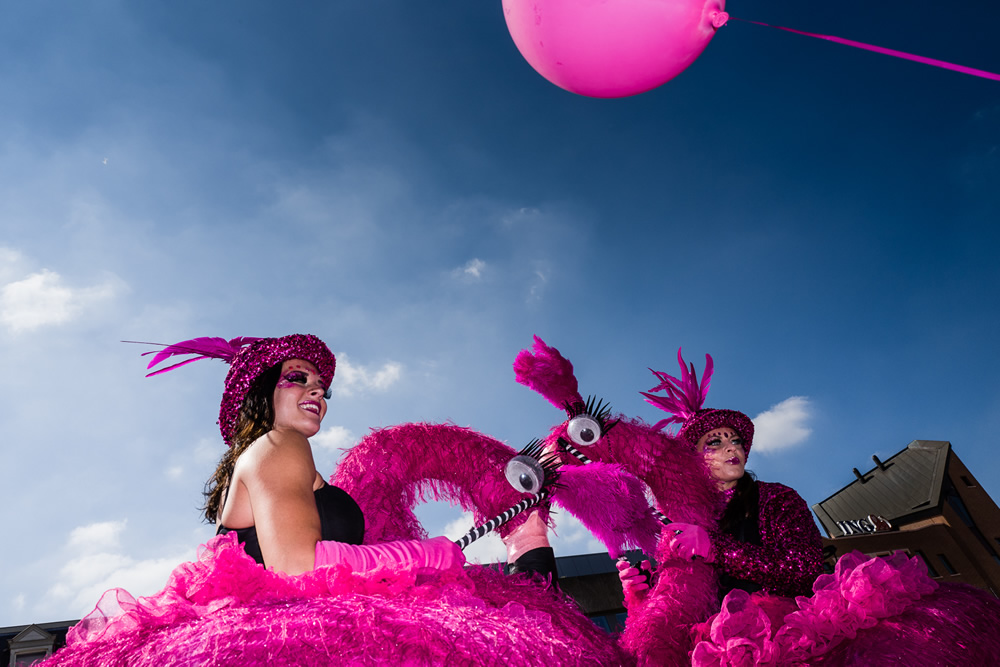
About Raj Sarkar
Raj Sarkar is a Street Photographer and Educator. He holds MBA Degree in Finance and Post Graduate Diploma in Computer Application. He is the founder of World Photographic Forum, and Curator of APF magazine Street Photography. He loves exploring possibilities on street. His main object is to Freeze the emotions and actions of people.
He delivers the lecture on photography in various Colleges and institutions like IIM (Indian Institution of Management), Union Chappell school etc. He also conducts countless workshops on street photography. He also curates’ various exhibition and he has also been appointed as a judge in the various competition.
Raj is a recipient of various awards, recently he has won the International Puskar Mela Contest, Winner Wiplay Photo contest “India in Color”.Finalist of Garuda World Photo contest and HIPA and his work has been exhibited worldwide. He reviews various gadgets and camera including Fuji x camera for Fujifilm. His article has been published in all renowned magazine and websites in the world like Fujilove, Street Photography Magazine, USA, Viewfind, APF Magazine, Smart Photography, Better Photography, Asian Photography, Chiiz magazine, Saveus, 121 clicks, National Geographic and more. Recently his photographs have been showcased in London Street Photography Festival and Indian Photo Festival.
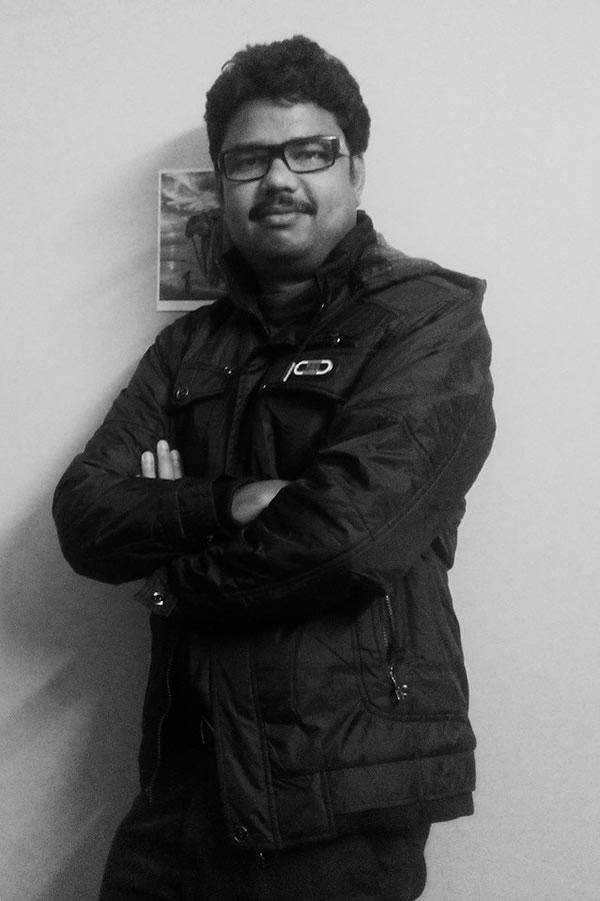
You can find Raj Sarkar on the Web:
Copyrights:
All the pictures in this post are copyrighted Andy Pariat. Their reproduction, even in part, is forbidden without the explicit approval of the rightful owners.

